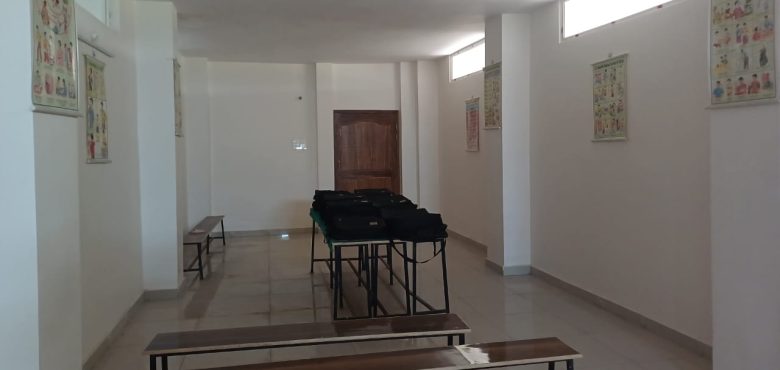

The purpose of a community lab in a nursing college is to provide nursing students with practical training and experiential learning opportunities within community-based healthcare settings. Community labs serve as a bridge between theoretical knowledge and real-world application, allowing students to gain valuable hands-on experience in providing healthcare services to diverse populations outside of traditional clinical settings. The community lab serves several important purposes:
Community Engagement: Community labs facilitate nursing students’ engagement with the local community, allowing them to understand the unique health needs, challenges, and resources available in the area. This exposure helps students develop a broader perspective on healthcare and population health.
Cultural Competence: Working in community settings exposes students to individuals from diverse cultural backgrounds. It helps them understand cultural nuances and tailor healthcare practices to be more culturally sensitive and competent.
Health Promotion and Prevention: Community labs often focus on health promotion and disease prevention activities. Nursing students may participate in initiatives such as health screenings, vaccination drives, and health education programs to improve the health and well-being of community members.
Addressing Social Determinants of Health: Community labs provide an opportunity for students to observe and address social determinants of health, such as access to healthcare, housing, education, and nutrition. They learn how these factors influence health outcomes in the community.
Public Health Interventions: Nursing students in community labs may be involved in public health interventions, such as assisting in outbreak investigations, conducting health assessments, and supporting disaster response efforts.
Community Needs Assessment: Students can participate in community needs assessments to identify health gaps and develop targeted interventions to address specific health issues in the community.
Interprofessional Collaboration: Community labs often involve collaboration with other healthcare professionals, social workers, public health officials, and community organizations. This experience helps nursing students understand the importance of interdisciplinary teamwork in promoting community health.
Health Advocacy: Community labs provide opportunities for nursing students to advocate for the health and well-being of individuals and the community as a whole. They may participate in advocacy efforts to address health disparities and promote health equity.
By incorporating a community lab in the nursing curriculum, nursing colleges aim to prepare future nurses to be effective healthcare providers in various community settings. These experiences help students develop essential skills in community-based care, population health management, and health promotion, contributing to a more holistic and patient-centered approach to nursing practice.
